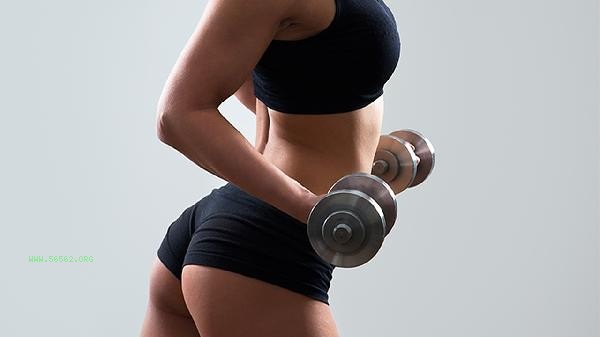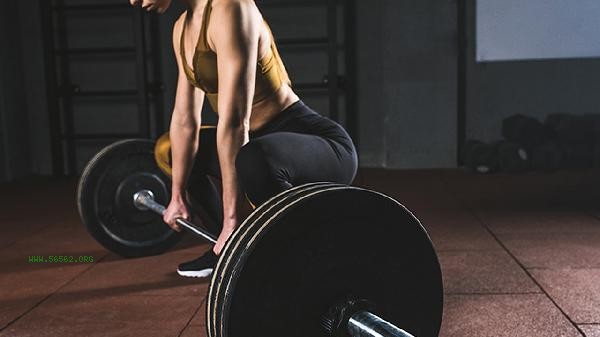Supplementing zinc during exercise can help improve athletic performance, promote muscle repair, and enhance immunity. Zinc is an essential trace element for the human body, mainly used to maintain testosterone levels, accelerate protein synthesis, reduce oxidative stress, regulate immune function, and improve energy metabolism.

1. Maintaining testosterone levels
Zinc is involved in regulating the activity of key enzymes involved in testosterone synthesis, and zinc deficiency may lead to a decrease in testosterone secretion. Testosterone is crucial for muscle growth and strength enhancement, and moderate zinc supplementation can help fitness enthusiasts maintain hormone balance, especially for high-intensity training populations. Suggest supplementing with foods such as oysters and beef.
2. Accelerating protein synthesis
Zinc, as a cofactor for various enzymes, directly affects protein metabolism processes. Supplementing with zinc can promote muscle tissue repair and shorten the recovery time after training. Long term strength trainers experience rapid zinc loss and should pay attention to supplementing with zinc rich foods such as pumpkin seeds and cashews.
3. Reduce oxidative stress
High intensity exercise produces a large amount of free radicals, and zinc has antioxidant properties that can neutralize the damage of free radicals to cells. Zinc supplementation can reduce muscle inflammation after exercise and delay the occurrence of fatigue. But excessive intake should be avoided, otherwise it may interfere with the absorption of copper and iron.

4. Regulating immune function
Zinc plays a key role in the proliferation and differentiation of immune cells. Fitness enthusiasts are prone to temporary immune suppression due to training stress, and zinc supplementation can reduce the probability of upper respiratory tract infections. Shellfish, seafood, beans, and other foods are high-quality sources of zinc, and it is recommended to consume them in moderation throughout three meals.
5. Improve energy metabolism
Zinc participates in enzyme reactions related to carbohydrate and fat metabolism, and zinc deficiency may lead to decreased exercise endurance. Moderate zinc supplementation helps maintain energy supply efficiency, especially suitable for endurance athletes. Eating whole grains in combination with lean meat can increase the bioavailability of zinc. The daily zinc requirement for fitness enthusiasts is about 11 milligrams for men and 8 milligrams for women. Oversupplementation may cause gastrointestinal discomfort or interfere with the absorption of other minerals. It is recommended to prioritize natural food intake. If zinc deficiency symptoms such as hair loss and slow wound healing occur, short-term supplements such as zinc gluconate can be used under the guidance of a doctor. At the same time, pay attention to pairing fruits and vegetables with high vitamin C content to promote absorption, and avoid taking them together with calcium and iron supplements. Timely supplementation of zinc containing foods after training, combined with sufficient sleep, can maximize the fitness benefits of zinc.








Comments (0)
Leave a Comment
No comments yet
Be the first to share your thoughts!